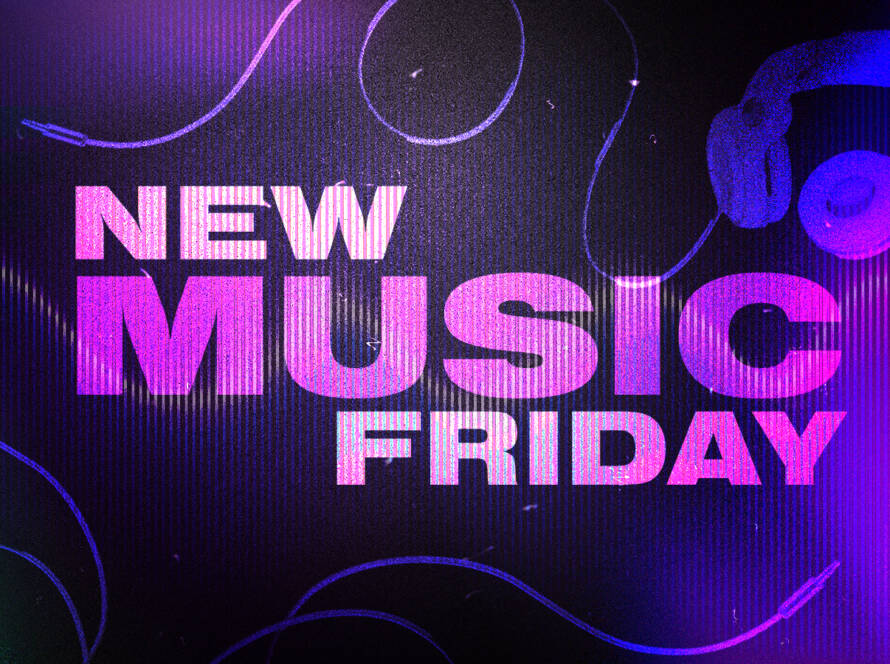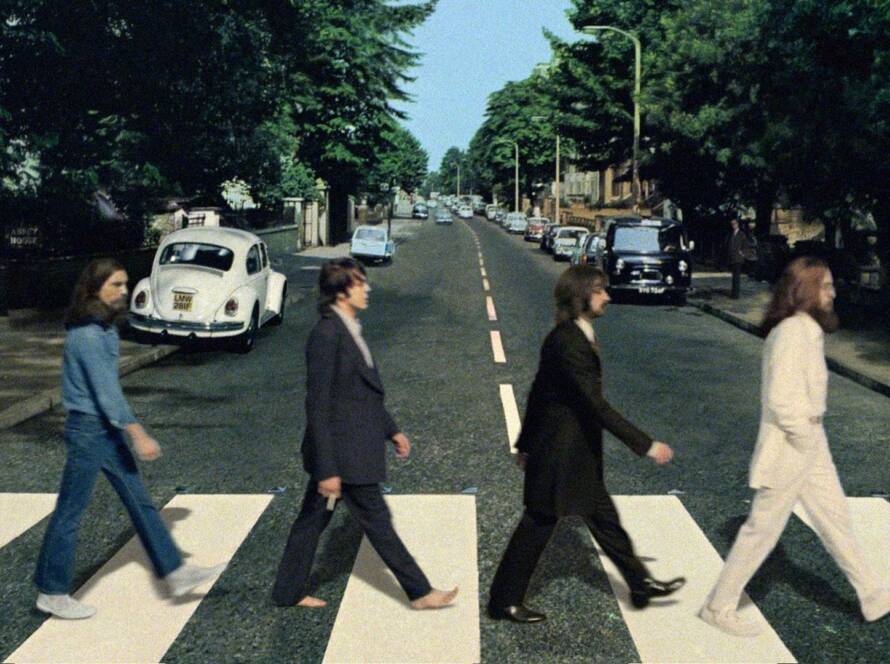
What Defines Indie Music?
Indie music is often characterized by its independent production, meaning artists are not signed to major labels. This freedom allows musicians to explore more experimental sounds and unconventional themes. Indie artists like Bon Iver and Tame Impala gained popularity without adhering to commercial formulas. The DIY ethic of indie musicians fosters a closer connection with their fan base. Many indie artists maintain artistic control over their work, making their music feel more personal and authentic.
The Role of Social Media in Promoting Indie Artists
With the rise of social media platforms like YouTube and TikTok, indie musicians now have more tools to promote their music. Artists can share their work directly with listeners without the need for traditional marketing channels. Viral songs from indie musicians can gain millions of streams and lead to international recognition. Social media gives indie artists a chance to build a dedicated following, sometimes even outperforming mainstream acts. The direct interaction with fans also creates a more intimate, organic fan base.
Indie Music Festivals: A Global Phenomenon
Music festivals like Coachella and Glastonbury have become major platforms for indie artists. These events draw massive crowds, giving lesser-known musicians exposure to a larger audience. Unlike traditional concerts, festivals allow artists to perform to diverse groups of people, expanding their fan base. The festival circuit has become a breeding ground for future stars in the indie music scene. Attendees often discover new music, making festivals a vital part of indie culture.
Indie Music Genres: From Folk to Dream Pop
Indie music spans a wide array of genres, from acoustic folk to dreamy electronic pop. Artists like Sufjan Stevens explore heartfelt, introspective lyrics, while acts like Beach House dive into lush, ambient soundscapes. The diversity in the genre is one of the defining features of indie music, where no sound is off-limits. This genre-blending leads to innovative, genre-defying music that pushes boundaries. Indie music constantly evolves, drawing from various influences across the globe.
The Future of Indie Music
As technology continues to evolve, indie artists will likely find new ways to innovate. Virtual reality concerts and direct-to-fan music platforms could further democratize the industry. With major labels losing influence, the indie scene is set to thrive even more. The future promises a mix of DIY ethics and high-tech innovation in music production and distribution. Indie music is positioned to continue growing, both in popularity and creative depth.


